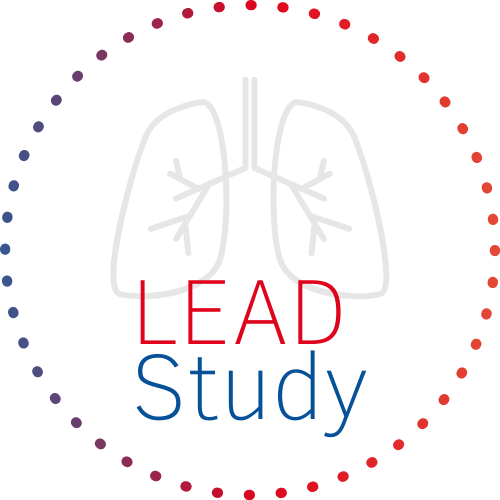The Austrian LEAD Study
A longitudinal, epidemiological cohort study
The Austrian LEAD Study is a longitudinal, observational, epidemiological cohort study aiming to investigate respiratory health through life. The survey includes a representative sample of the Austrian general population between 6 and 80 years of age and focuses on three areas:
- Normal and pathologic lung growth and development (natural course of lung function)
- Genetic, environmental and socioeconomic risk factors for abnormal lung function
- Extrapulmonary manifestations of abnormal lung function and related comorbidities (cardiovascular disease, metabolic disorders, depression and anxiety)
The examination program of the Austrian LEAD Study includes a comprehensive diagnosis of lung function and cardiac status. In addition, body composition (DXA scan), socio-demographic status, psychosocial factors and pollution levels at home and at work are recorded. The examination protocol includes blood and urine samples, which are stored in the biobank of the Medical University of Vienna for later planned analyses. In total, each data set contains more than 1.500 individual parameters. In addition to the extensive urban cohort from the city of Vienna, the sample also includes a smaller rural comparison sample from the surrounding area. A detailed summary of the objectives and methods is included in the publication:
Current status
The Austrian LEAD Study started in 2012. Between 2012 and 2016 11.426 participants were recruited and completed the first cross-sectional examination. Phase 2 (4-years follow-up) was started in 2017 and completed in 2021 with more than 8.000 participants. In the summer of 2021, we were able to start the 3rd phase (8-years follow-up).
For further information please visit the website of the Austrian LEAD Study!
